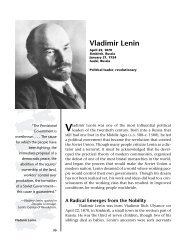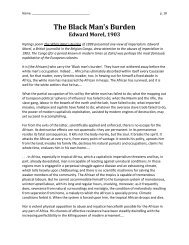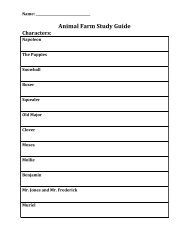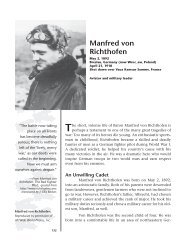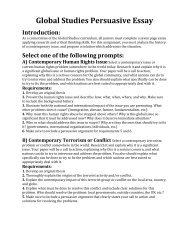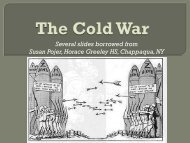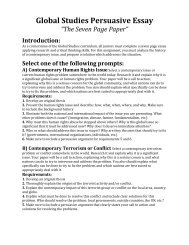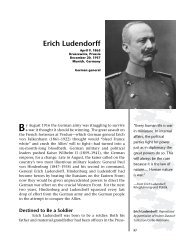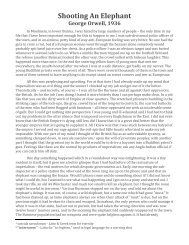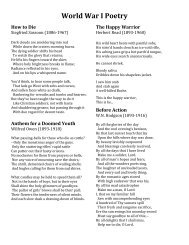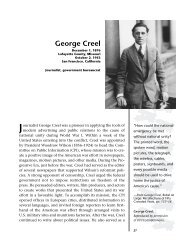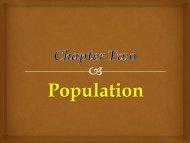Create successful ePaper yourself
Turn your PDF publications into a flip-book with our unique Google optimized e-Paper software.
The Poets of World War I<br />
Since ancient times, poets of every<br />
culture have made war and soldiering<br />
important subjects of their work, in epic<br />
poems (long poems) that celebrate heroic<br />
exploits, in lyrics and odes that honor the<br />
courage of the warrior, or in pacifist works<br />
that criticize the brutality and horror of<br />
war. Some of the finest verses in the<br />
history of English literature were written by<br />
poets who served in World War I, many of<br />
whom died in combat while still in their<br />
twenties.<br />
The following men are among the<br />
most prominent of the British war poets:<br />
Rupert Brooke (1887–1915): After<br />
brief noncombat duty in Belgium, he died<br />
of an infection caused by a mosquito bite;<br />
he was serving in the Greek islands at the<br />
time. A sequence of sonnets (poems with<br />
fourteen lines and a definite rhyme pattern)<br />
titled 1914 contains his most famous lines:<br />
“If I should die, think only this of me: /<br />
That there’s some corner of a foreign field /<br />
That is for ever England. . . .” Biographer<br />
Paul Delany calls Brooke “the most famous<br />
British hero of the war.”<br />
Robert Graves (1895–1985):<br />
Though he was severely wounded in<br />
combat in 1916, Graves lived to be ninety.<br />
He served as a captain with the Royal<br />
Welch Fusiliers during World War I and<br />
befriended another member of the<br />
regiment, poet Siegfried Sassoon. Graves’s<br />
collection of war poems, Fairies and<br />
Fusiliers, helped establish his reputation as<br />
a literary figure after the war. The novel I,<br />
Claudius (1934) and the mythological<br />
study The White Goddess (1948) are his<br />
bestknown works. One of his sons was<br />
killed in World War II.<br />
Isaac Rosenberg (1890–1918):<br />
The son of Russian Lithuanian immigrants<br />
to England, Rosenberg enlisted in the<br />
British army in 1915, and because he was<br />
rather short, he was assigned to the<br />
Bantam Battalion, a regiment made up of<br />
volunteers who were below the regulation<br />
minimum height of 5 feet 2 inches. In the<br />
head, near Liverpool. <strong>Owen</strong> attended Birkenhead Institute<br />
until he was fourteen, when the family moved back to Shropshire,<br />
settling in the county seat at Shrewsbury. There, he<br />
attended Shrewsbury Technical School but failed in his efforts<br />
to win a scholarship to the University of London. He felt<br />
inclined toward religious work and accepted a position in<br />
which he received room and board in exchange for work with<br />
the vicar (a minister in charge of a church) of Dunsden in<br />
112 World War I: Biographies



